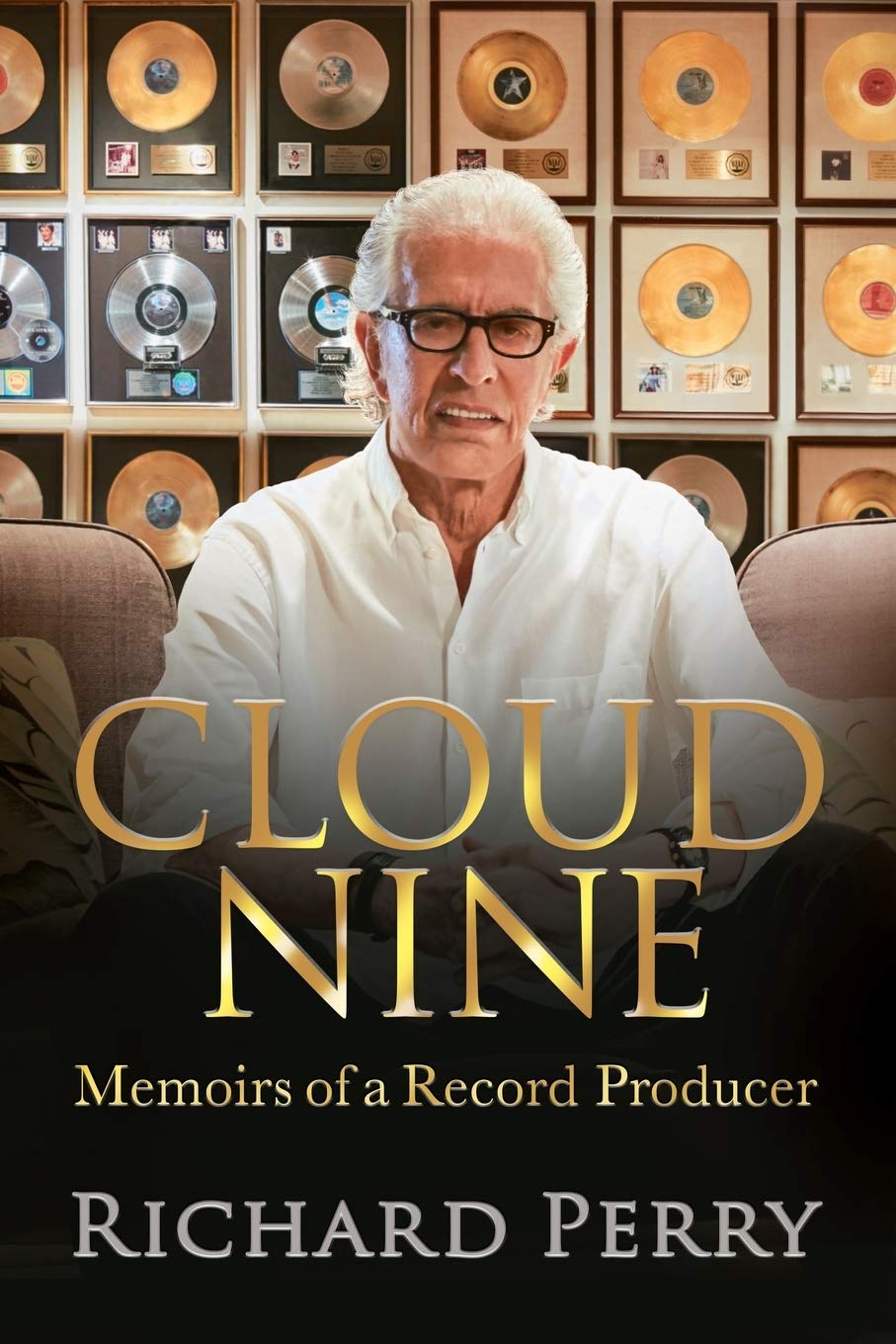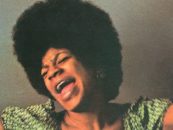 Richard Perry, the legendary producer who worked with a literal Who’s Who of recording artists, died today (December 24, 2024) at a hospital in Los Angeles. His death at age 82 of cardiac arrest was announced by a variety of sources.
Richard Perry, the legendary producer who worked with a literal Who’s Who of recording artists, died today (December 24, 2024) at a hospital in Los Angeles. His death at age 82 of cardiac arrest was announced by a variety of sources.
In a career spanning more than 50 years, Perry collaborated with such boldfaced names as Ringo Starr, Ray Charles, Barbra Streisand, Diana Ross, Art Garfunkel, Ella Fitzgerald and dozens more.
His iconic recordings include such varied titles as Tiny Tim’s “Tip-Toe Thru’ the Tulips,” Harry Nilsson’s Nilsson Schmilsson album, Carly Simon’s “You’re So Vain” and “Nobody Does it Better,” the Pointer Sisters’ “I’m So Excited,” the unlikely pairing of Julio Iglesias and Willie Nelson on “To All the Girls I’ve Loved Before,” and Rod Stewart’s Great American Songbook series.
In Stewart’s tribute, he wrote in part, “Farewell, my dear buddy. They say in life a man is lucky if he can count his true friends on one hand, and you were certainly one of them. Now I’ve lost you, and I’m devastated.
“We played and worked so closely together for so many years, creating some of the most memorable music together.”
Born on June 18, 1942, and raised in Brooklyn, Perry developed his interest in rock ‘n’ roll at a young age. In 1955, he attended the first of Alan Freed’s live shows at the Brooklyn Paramount Theater. He went on to see the next five of these shows, watching every major rock ‘n’ roll artist of the day perform.
In spite of Perry’s numerous successes, he had to overcome many adversities. After contracting polio at the age of 12, he wasn’t expected to walk again. But Perry proved doctors wrong by excelling as a very successful high jumper on his track and field team.
He formed his first band when he was 14, and his first doo-wop vocal group at 16. Perry sang bass. Known as the Escorts, they recorded several singles for Decca in the early ’60s.
After graduating from the University of Michigan in 1964 with a degree in music and theater, he formed his own independent record production company, Cloud Nine Productions, in 1965. He moved to Los Angeles in 1967, and produced his first album, Safe as Milk by Captain Beefheart and His Magic Band.
In 1967, Perry got his dream job as a staff producer at Warner Bros. Records, where he had his first actual hit album. It came in the form of God Bless Tiny Tim, the debut LP by the late-’60s phenomenon.
In 1971, as a producer for hire, he collaborated with Nilsson on the Nilsson Schmilsson album (“Without You,” “Jump Into the Fire), which earned four Grammy nominations and won for Best Male Pop Vocal.
Of the work, Best Classic Bands’ Album Rewind noted: On an album of short, idiosyncratic songs, the seven-minute rock workout “Jump Into the Fire” is its own animal, a rare instance of Nilsson trading on straight-up rock grooves. He adds his own spin, particularly with an echo-draped lead vocal that pops right up to its wailing high end. Difficult as it may be to avoid mental images of a helicopter chasing Ray Liotta in Goodfellas while listening to the song these days (which, by the way, includes the great songwriter Jimmy Webb on piano), it is a lively slice of pop-rock craft, with signature touches such as a strikingly sludgy detuned bass rumble from Herbie Flowers, who would a year later achieve renown for what he brought to Lou Reed’s “Walk on the Wild Side.” Expansive and energetic as it changes direction throughout, it’s a moving target that’s frenetic and wild, yet ineffably magnetic.
One year later, he produced Carly Simon’s No Secrets album, which featured the global smash “You’re So Vain.” Both the album and single climbed to #1 within six weeks.
He took on projects by Ringo Starr, most notably 1973’s Ringo, which included a pair of #1 singles, “Photograph” and “You’re Sixteen.”
Related: Our Album Rewind of Ringo
More hits arrived: Leo Sayer’s #1 singles, “You Make Me Feel Like Dancing” and “When I Need You,” Garfunkel’s Breakaway album, Burton Cummings’ “Stand Tall,” and a slew of Pointer Sisters favorites, including “He’s So Shy” and “Slow Hand,” for his own Planet Records label, among them.
Sayer posted a tribute. “Extremely sad news has arrived today about the passing of a very special man, my genius record producer, Richard Perry.
“Richard, I will always treasure the great legacy of music you passed on to me, and it’s the gift I treasure most. We created some epic moments, and I know your spirit and influence will always be there in whatever music I make.”
Fellow producer Jack Douglas (Aerosmith, John Lennon, Cheap Trick) wrote, “RIP Richard. You were an inspiration to me.”
Beginning in 2002, he was among the team that produced the first three volumes of Stewart’s Great American Songbook series. In 2003, Perry was diagnosed with Parkinson’s Disease, and even though there is no known cure, he continued to work and write.
Perry published his memoir, Cloud Nine: Memoirs of a Record Producer, in 2021. It’s available in the U.S. here and in the U.K. here.
- That Haunting Female Vocal On ‘Gimme Shelter’ - 12/25/2024
- National Lampoon’s Christmas Vacation: Ah… Family! - 12/25/2024
- Richard Perry, A-List Record Producer, Dies at 82 - 12/24/2024






5 Comments so far
Jump into a conversationI’ve heard Richard Perry’s name mentioned numerous times in print and interviews. I am looking forward to reading his book as I really know very little about him.
Thanks for the article.
Roger Friedman wrote in Showbiz411 that he was quite the ladies man. He was also a Heidi Fleiss client. Just ask Heidi girl, Brandi.
I came here after listening to the new Audible production, “The Miranda Obsession.” Haven’t found an article yet that says whether it’s a true story, but Perry was certainly a main character in that story. What I keep wondering is, was his reaction defensible? Definitely believable, but was he an asshole or is it just…chemistry? Or the lack of it?
Richard’s autobiography is terrific, although he makes no mention of the group Fanny, whose early albums he produced.
The Nilsson and Carly Simon albums get all the PR, but for my money Streisand’s ‘Stoney End’ LP is his best production. The performances he elicited from her set Barbra up for a terrific chart run throughout the 1970s.
I remember looking at the credits on Burton Cumming’s hit ” Stand Tall ” and seeing Richard Perry’s name but had no idea who some of the huge stars he had worked with.